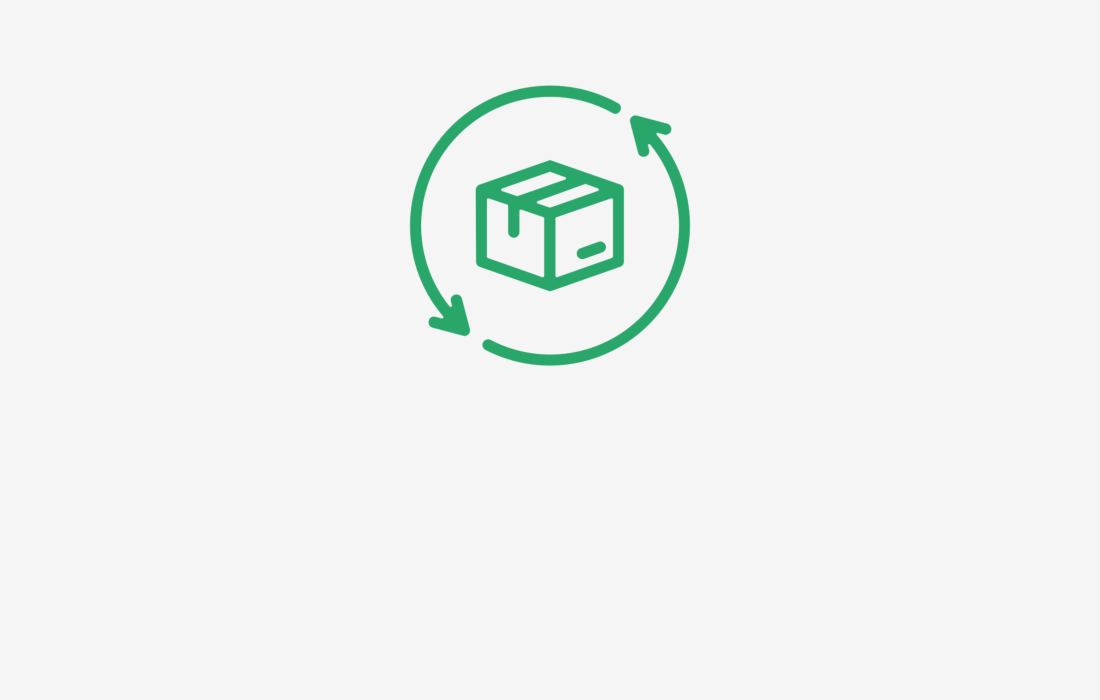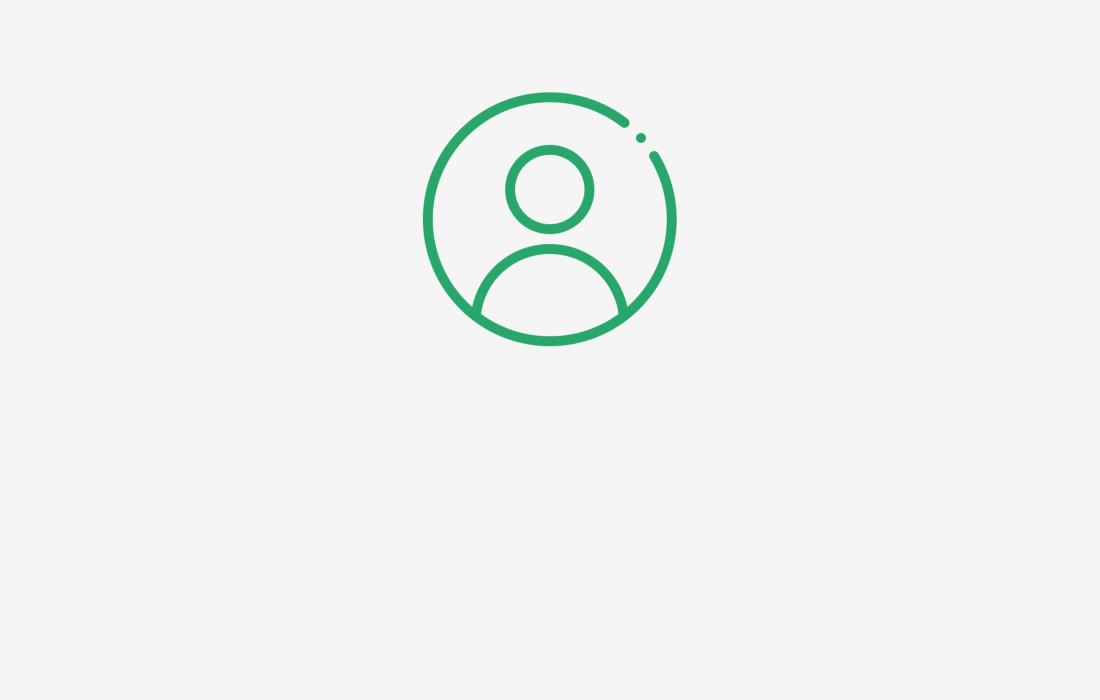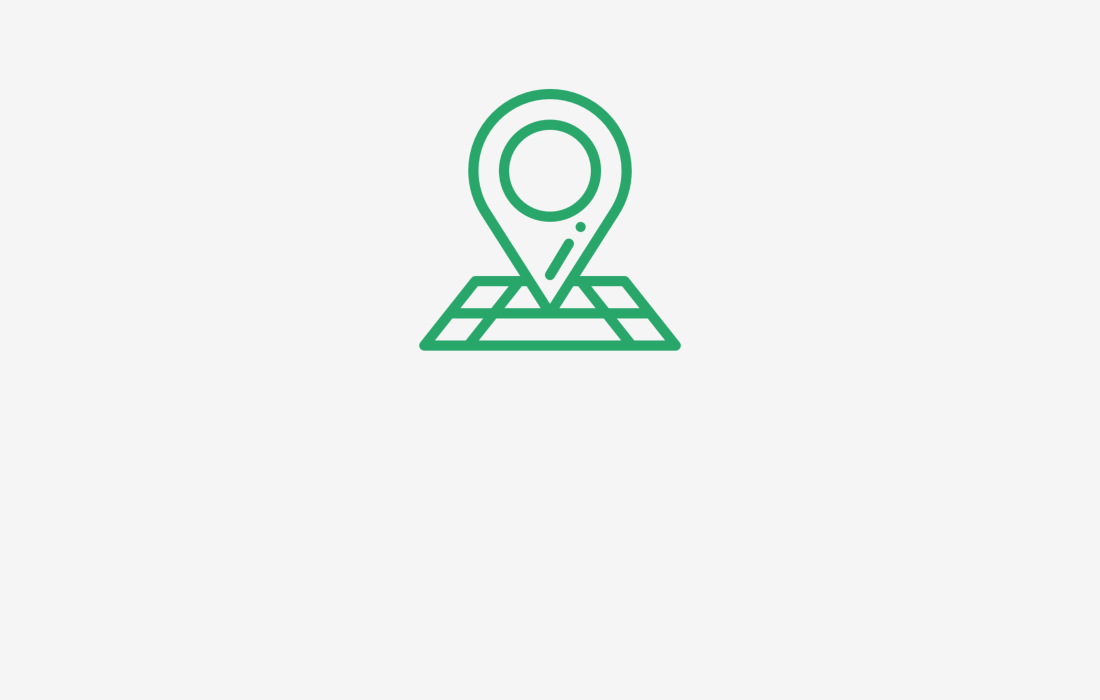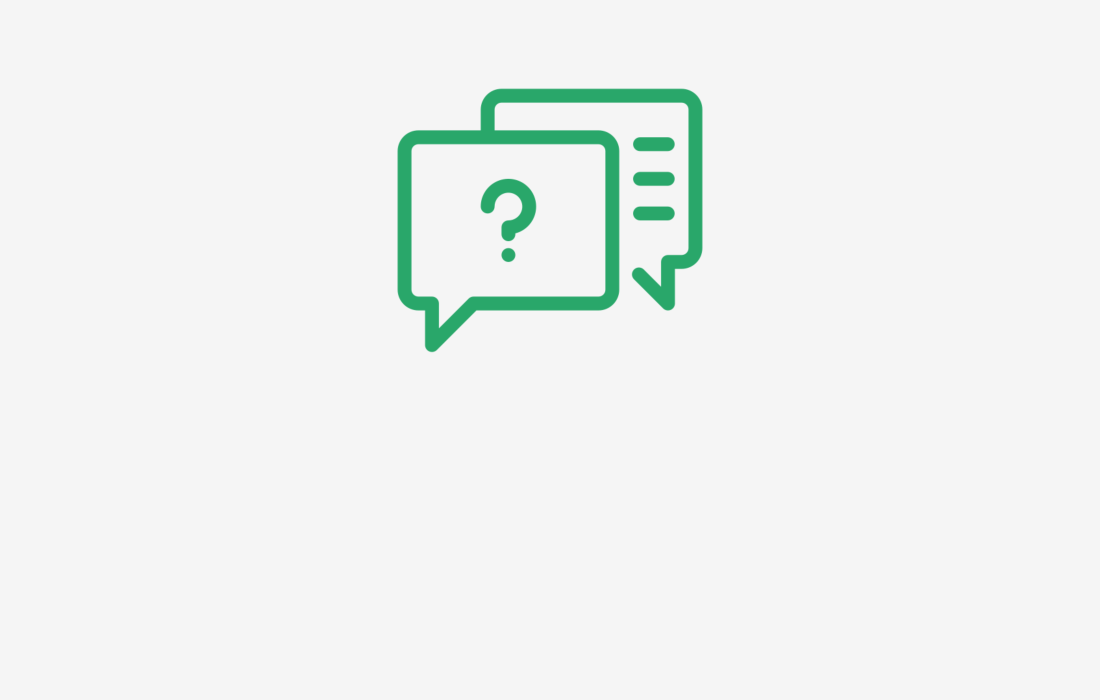Empty cart
No products in the cart.
Return to Shop

It seems we all have websites, but did you know that you need on page optimization in order to achieve top rankings within the search results of Google, Yahoo!, and Bing? On Page Optimization means that you are optimizing, obviously, your pages in order to achieve top rankings within all of the major search engines. If you aren’t optimizing your pages, you likely won’t rank very high, and your competitors will be getting all of the traffic that your website deserves.
Year after year the act of optimizing a website has evolved, and we all need to stay up to date in order to keep our top rankings in the search engines. The main thing you need to remember when optimizing your pages is to never add too many keywords. This is crucial, if you add too many keywords you will be seen as a type of spammer in the eyes of the search engines and they won’t rank you highly, or at all.
Why On Page Optimization is needed
On page optimization is needed in order to get the top rankings within the SERPs (Search Engine Results Pages). If you are running a website or blog, and you’re trying to make some money from it, you will definitely need to be optimizing. The search engines, especially Google, has an enormous amount of visitors that are looking for what you might have on your website. If you’re not optimizing, you’re never going to get those people to your pages.
Steps of On Page Optimization
Optimizing your pages is more than just putting up content and hoping everyone loves it, it’s actually a bit more advanced than that, and this is the main reason companies outsource all of their SEO needs.
What you need to optimize:
Your Titles – When I say you need to optimize your titles, I’m referring to the ones you can’t see on your page. You will need to go into your code and add a title tag, then optimize it for the keyword you’re trying to rank for. You will need to do this for each page in order to target multiple keywords at the same time.
Your Descriptions – Descriptions are similar to titles, but they are a little extra information about what your website is all about. Descriptions can have a couple keywords in them, but I would never do more than 2 per description.
Your Heading Tags – These are your H1, H2, H3, H4, H5, etc. tags. You won’t see them when you view your pages, but they’re there! You might not get to anything higher than H3 if you don’t have much content on the page, but regardless, you have to optimize them all in order to achieve higher rankings in Google.
Your Images – Optimizing the alt tags on your images will show the search engines what your images are about. If they know what your images are showing, they can categorize your website better, resulting in higher rankings.
Your Content – Optimizing your content is a big thing because it’s the most information you can post on your page. Google will want your keyword density to be under 5%, I like to keep it under 3%, and this means you can have 3-5 of your keywords per 100 words of content. If you have a 500-word article, you can have 15-25 keywords within it. Going higher than 5% keyword density will put you at risk of obtaining a penalty, dropping your rankings.
Why Google wants you to optimize your pages
Google wants you to optimize your pages so they can correctly place you within their search results. The better your pages are optimized, the better you will rank within the search results for your desired keywords. Google wants to send you traffic, but if you’re not optimizing your pages they will never know what you’re all about, so they will rank your competitors above you.
Not optimizing your website from the start isn’t a killing blow, you can always go back and optimize everything you already posted and be granted higher rankings along with more traffic. There are actually studies where old websites go back and optimize all of their blog posts and gain an additional 20,000 unique visitors because Google was able to figure out exactly what their pages were all about.
Not optimizing your pages and running a website is like buying a car and never putting gas in it, you won’t go anywhere in the search results and you won’t be moving that car anytime soon.
In Conclusion
You need to be optimizing all of your pages as you publish them, or hire someone to do it for you, in order to obtain the top rankings you deserve. Not optimizing your pages and running a website is like buying a car and never putting gas in it, you won’t go anywhere in the search results and you won’t be moving that car anytime soon.
Start optimizing your pages as soon as you can and try not to let them build up over time because it will just be more work you have to do down the road.
Read more: How not to do On Page Optimization and The power of Off Page Optimization combined with On Page Optimization.













